Vava’u, Tonga is a sailor’s paradise, offering pristine waters, stunning anchorages, and abundant marine life.
For international boaters arriving in these idyllic islands, understanding the local marine conservation efforts, particularly the Special Management Areas (SMAs), is crucial to ensure responsible navigation and interaction with Tonga’s delicate ecosystem.
What are Special Management Areas?
Special Management Areas (SMAs) are designated marine zones in Tonga where local communities actively manage and protect natural resources. Established through a government-community partnership, SMAs aim to preserve fisheries, enhance marine biodiversity, and promote sustainable usage of coastal environments. These zones often include no-take areas, where fishing and other extractive activities are strictly prohibited, ensuring long-term ecological balance.
Why SMAs are important
Tonga relies heavily on its marine ecosystems, for both sustenance and the economy. Over-fishing, habitat destruction, and climate change threaten these vital waters, making conservation measures like SMAs essential. By maintaining fish stocks, supporting coral health, and regulating human impact, SMAs allow future generations to continue benefiting from Tonga’s rich marine resources.
Navigating SMAs as a visiting boater
As an international boater, understanding and respecting SMA regulations will enhance your experience while contributing to Tonga’s conservation efforts. Here are key points to keep in mind:
1. Know the SMA locations
SMAs are scattered throughout Vava’u, often near key islands and traditional fishing grounds. Before setting sail, check updated maps and local resources for SMA boundaries to make sure you know where they are.
2. Respect no-take zones
Within the designated areas, fishing, spearfishing, and the collection of marine life is strictly prohibited. These zones were specifically created to help regenerate fish populations and maintain a balanced ecosystem.
3. Anchor responsibly
Many SMAs protect sensitive seabeds, including coral reefs and seagrass beds, so always anchor in designated areas to prevent habitat destruction. Vava’u chart overlays, which can can be copied from a thumb drive located at the Mango Resturant front desk, identify General Use Anchorages, Community Pay Anchorages (usually $20 TOP), and No Anchoring, No Fishing or Fish Habitat areas.
4. Support local initiatives
Communities near SMAs often offer Eco-tours, snorkeling excursions, and sustainable fishing experiences. Engaging with these grassroots initiatives supports conservation while giving you a deeper cultural connection and supporting the local community.
5. Comply with local laws
Tonga’s fisheries and conservation laws apply to ALL visitors, including boaters. It’s best to stay informed about any seasonal restrictions or regulatory updates to make sure you’re in compliance.
How boaters can make a difference
Beyond compliance, boaters can actively contribute to marine conservation in Vava’u. Here’s how:
• Reduce waste and pollution: Dispose of waste responsibly and avoid plastics that may end up in the ocean, particularly single-use plastics like straws, zip-lock bags, plastic shopping bags, and cling-wrap. If you’re new to the area you can use noforeignland to help find trash disposal sites.
• Report violations: If you witness illegal fishing or environmental harm within an SMA, notify local authorities or community representatives so they can take action.
• Educate fellow boaters: Spread awareness about SMAs and encourage sustainable boating practices among other visitors. Despite its immense natural beauty Tonga remains an off-the-beaten-path destination for many cruisers and online information is limited, so sharing information is key.
• Participate in conservation project: Some communities welcome volunteers for reef monitoring or marine conservative. Offering your time or skills can help build the relationship between local communities and international cruisers, working together for the benefit of the ocean.
• Free chart overlays: We have developed chart overlays, GPX files, that you can load into OpenCPN that will identify the all the details of the SMA for you. Please reach out directly if you need help, or you can find them on the thumb drive at Mango Resturant.
Final thoughts
Vava’u’s Special Management Areas are more than just protected zones; they represent a community-driven commitment to preserving marine resources. As an international boater, you have the privilege of experiencing these waters firsthand, but with that privilege comes the responsibility to respect and safeguard them. By navigating responsibly and engaging with local conservation efforts, you help ensure that Vava’u remains a thriving marine paradise for generations to come.
So hoist your sails and explore Vava’u with care; you’re in for an unforgettable voyage.

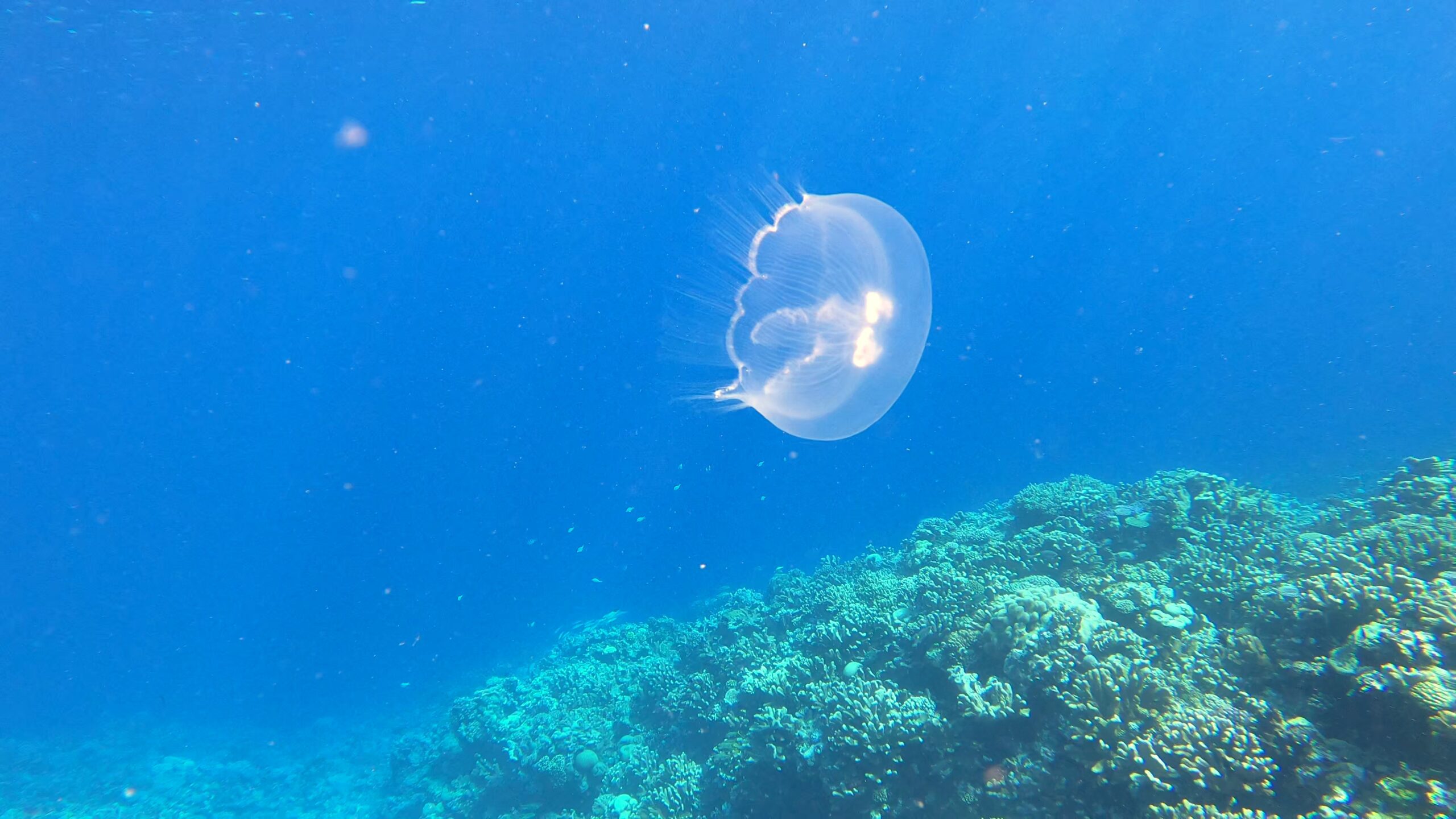
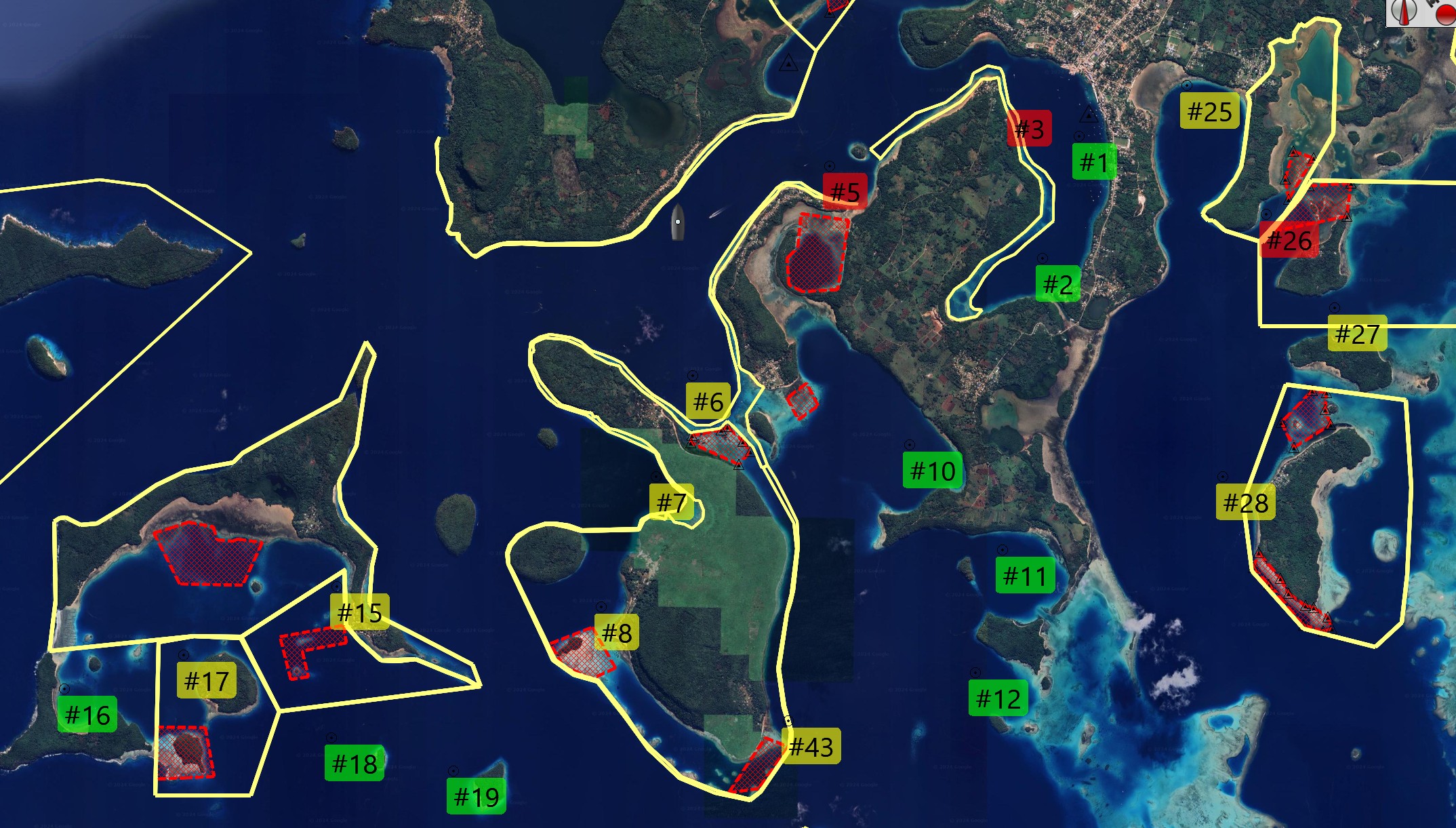
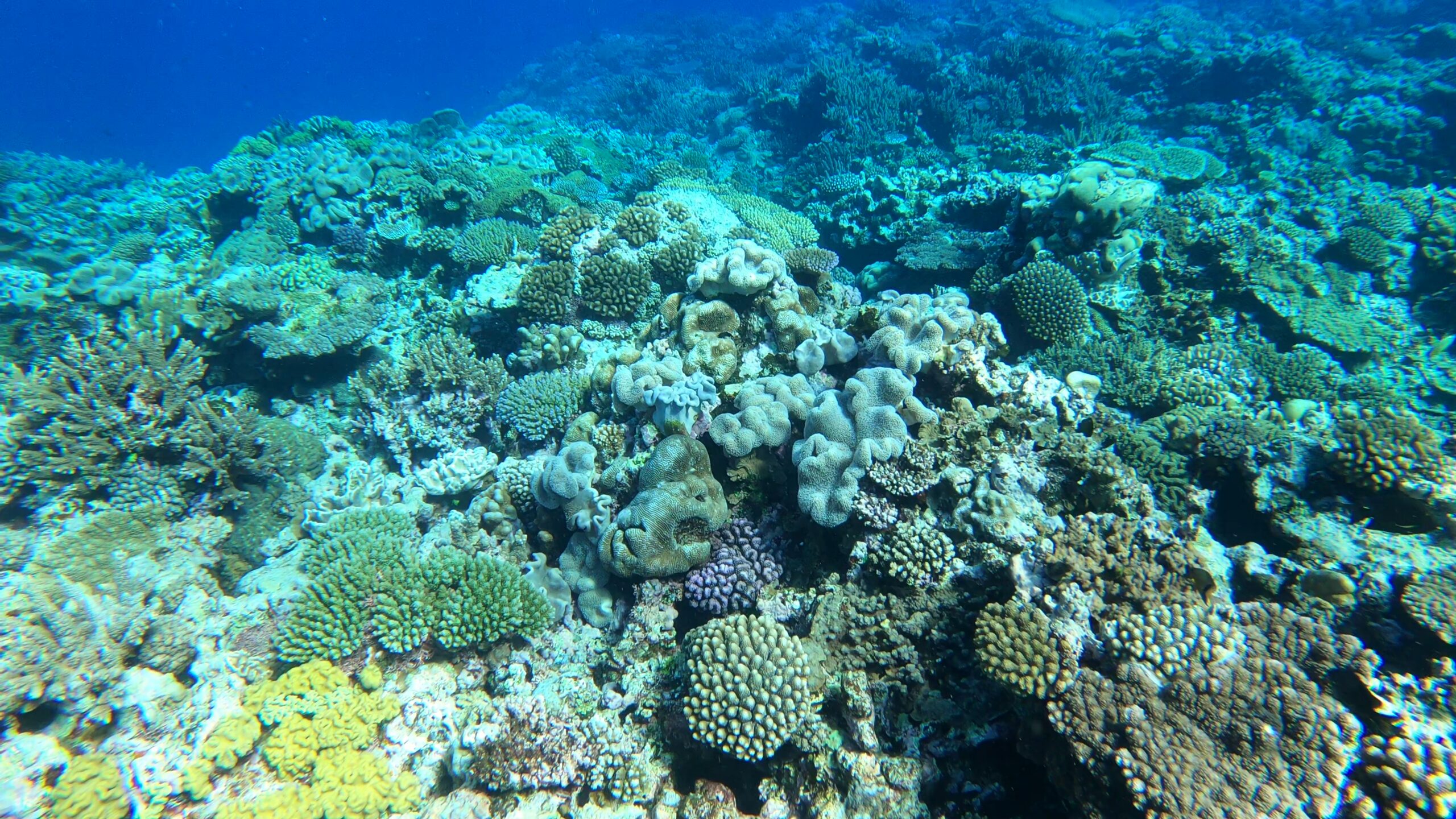
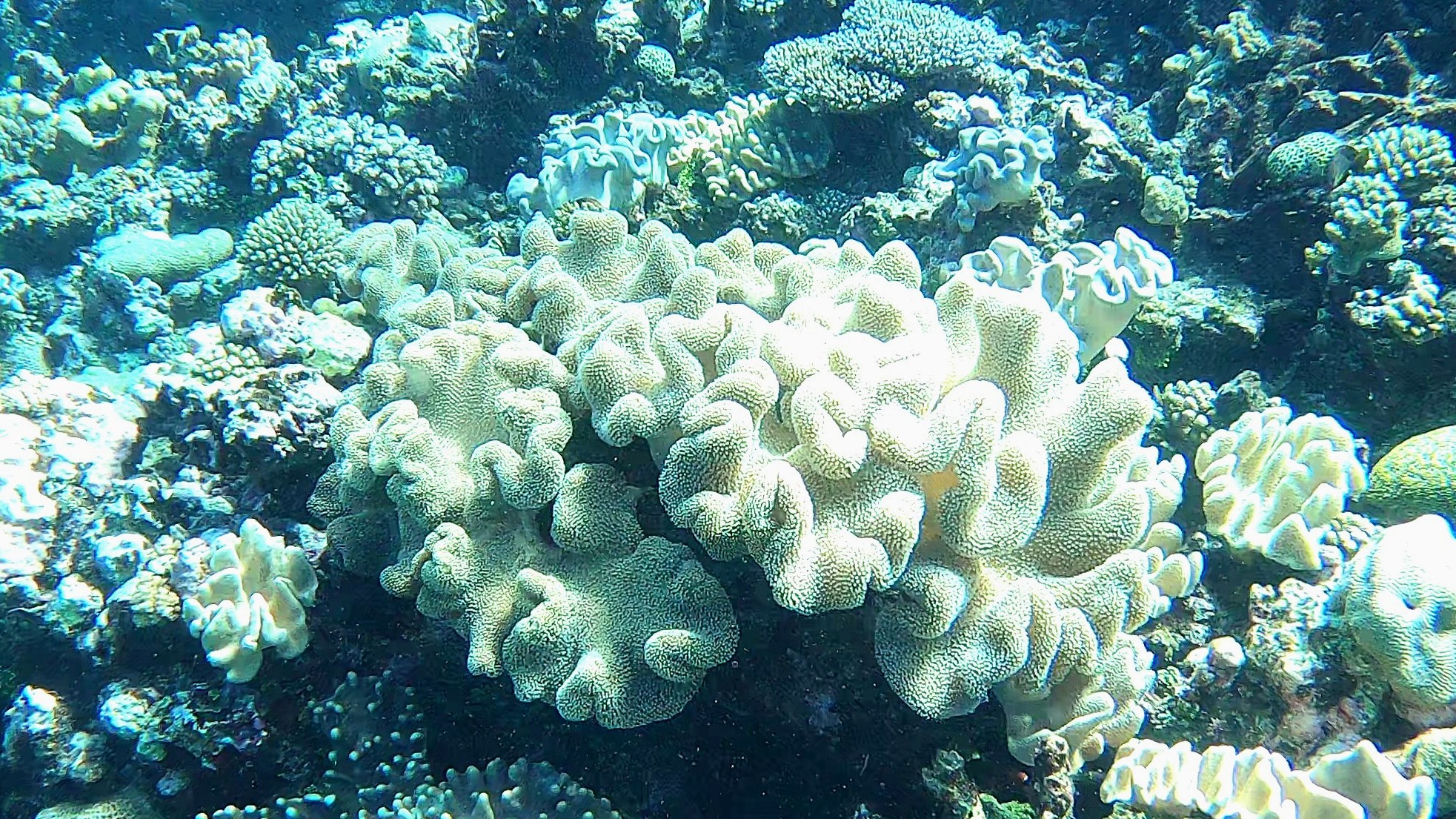

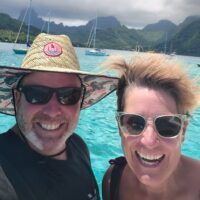


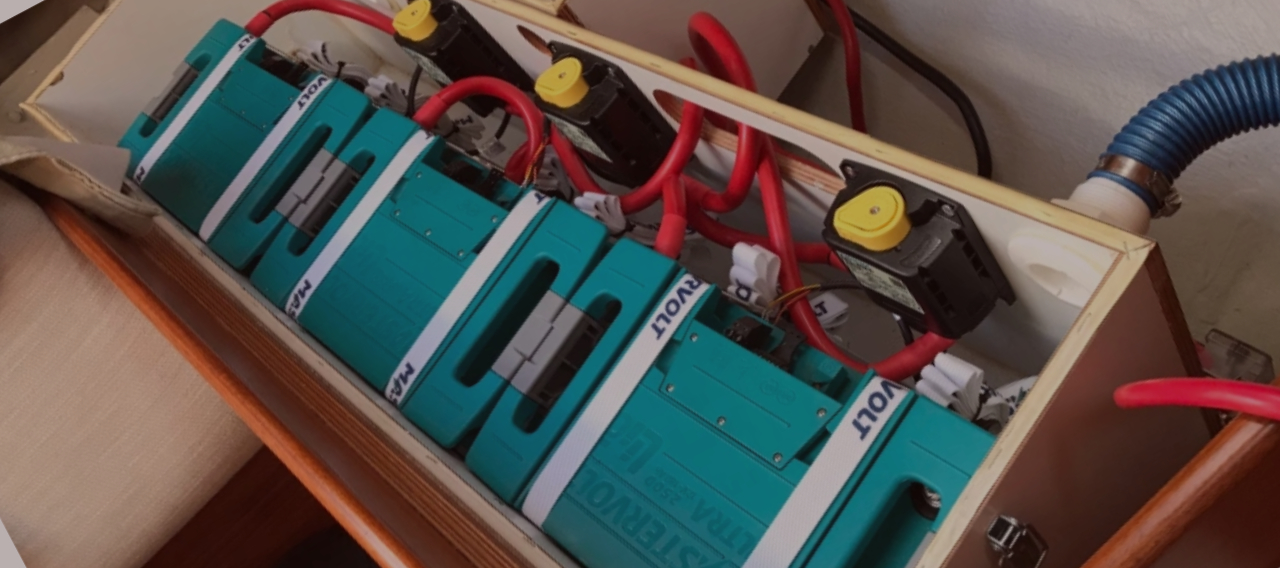

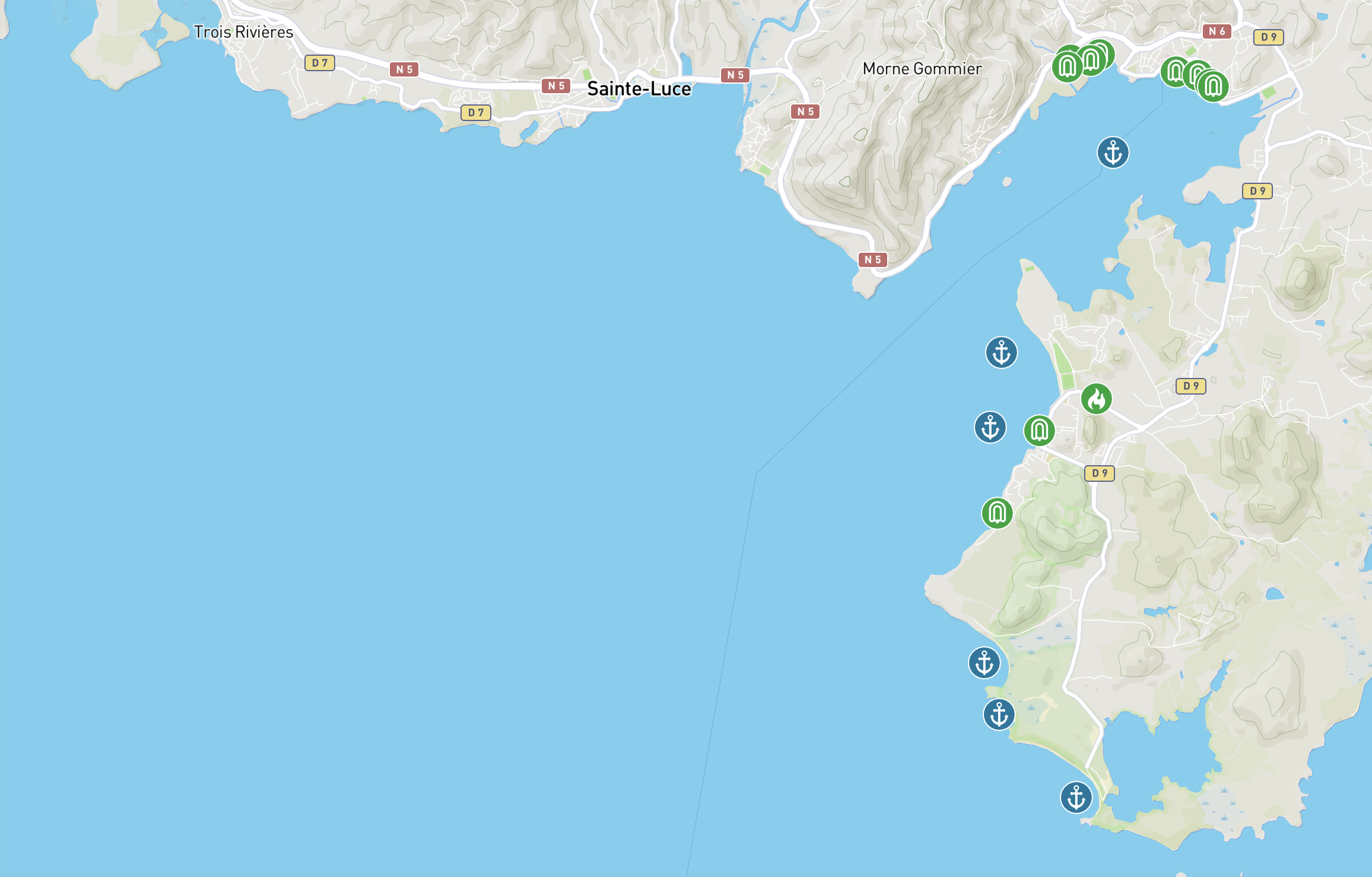
Chart Overlays online
https://bluewatermariners.com/files/
Well written and very helpful. Great work. And thank you for creating the OpenCPN overlays!
Glad they are helpful, and the locals will appreciate you using them.
Well done Scott. Thanks for the info. Maybe on the second lap around we can use the info you set up for Open CPN.
Thank you for the write-up and the overlays.